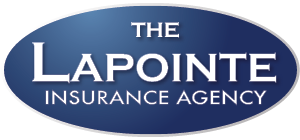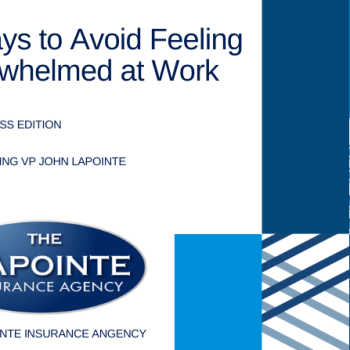Escrow and Home Insurance, Explained
- Posted by Daniel Simcock
- On August 24, 2022
- homeowners insurance, housing market, Insurance Tips
So you just got your policy. Now, how is your insurance paid the next year?
There are two common ways that home insurance gets paid. First, you could pay it yourself directly to your insurance carrier. More commonly though your insurance is paid through an escrow account.
An escrow account acts like a piggy bank, or a savings bank. It’s an account created by your mortgage company that accrues money as you make your mortgage payment throughout the year. As you pay your mortgage, a piece of that mortgage payment goes through the escrow account and gets allocated to your home insurance policy.
So, at your policy’s inception, your insurance is typically paid in full. During your first year of homeownership, you’ll continue to pay into your escrow account. This will allow your mortgage company to pay your insurance the following year with no problem.
What happens if there are any changes to your mortgage? This commonly occurs if you refinance your home or switch mortgage companies.
The problem is that your insurance company may not be notified of any changes to your mortgage. This may lead to complications during your renewal if your home insurance provider does not know what lender will be paying for it. When this occurs, your insurance could be cancelled for nonpayment.
If your mortgage changes at all, you should notify your insurance company as soon as possible. This will ensure that your yearly insurance payment is made on time, with no interruptions to your coverage.
We hope this article was helpful. If we didn’t cover a specific question, please feel free to contribute to the comments below or reach out to us directly at info@lapointeins.com.


